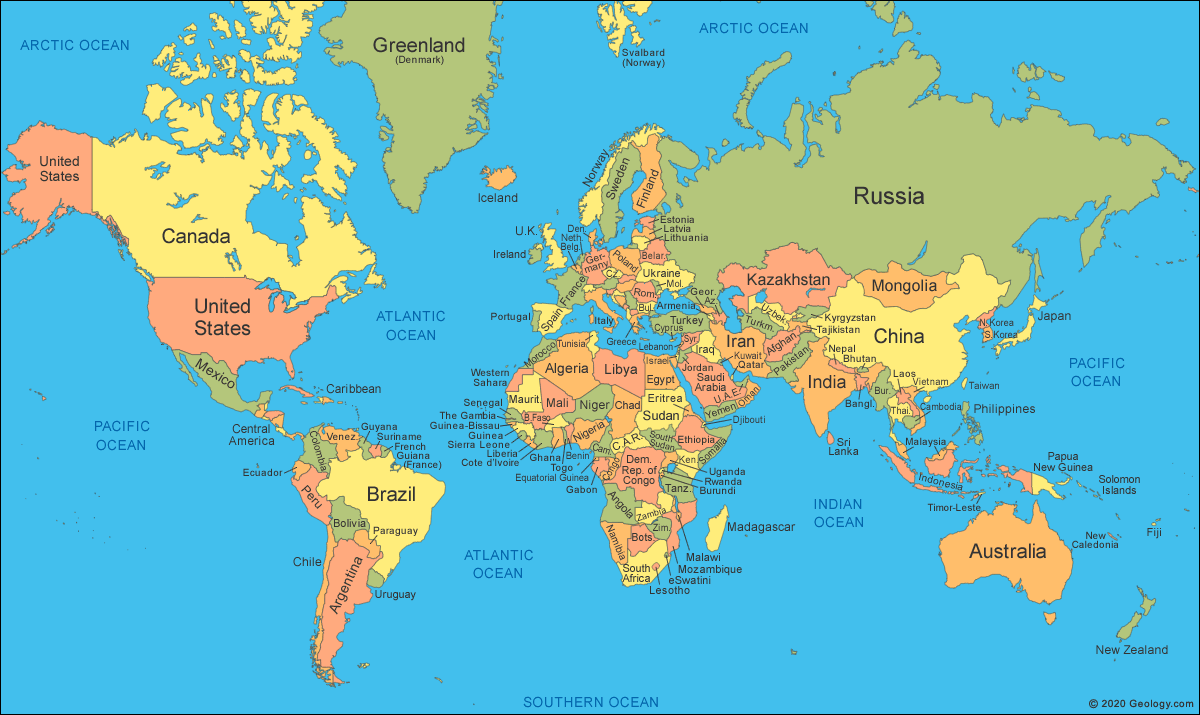
The Solemnity of the Most Holy Trinity is pretty special to me. In fact, the name I chose to inspire and dedicate myself to is the Blessed Trinity. My religious name is Sister Faith in the Blessed Trinity. Coincidentally, I recently learned (thank you Sister Vivian, RJM)that my great Aunt Blanche's religious name was Mother Mary of the Trinity.
I love the fact that we are celebrating a doctrine and not an event or a saint. That makes it a special day. Today we honor God: the Father, the Son, and the Holy Spirit.
History shows us that the Trinity is controversial. Not every religion is Trinitarian. And I can see that the concept of three distinct persons into one is mind boggling. But so is quantum physics. What of it? What good would be a religion without mystery. And by mystery, I don't mean puzzle, but rather beyond comprehension. If you understood God, would He still be God?
It has been said that mystery is not a wall to run up against, but an ocean in which to swim. The common wisdom is that if you talk about the Trinity for longer than a few minutes you will slip into heresy because you are probing the depths of God too deeply.
The Trinity is defined in the Nicene Creed. Basically the Trinity is the belief that God is one in essence, but distinct in person. He is an individual reality. We believe that the Father, the Son, and the Holy Spirit are somehow distinct from one another (not divided though), yet completely united in will and essence. How can this be? Well, think of the sight of two eyes. The eyes are distinct, yet one and undivided in their sight. Another illustration to explain the Trinity is St. Patrick's description of the three leaf clover. One flower made up of three separate leaves.
The Nicene definition of the Trinity developed over time, based on Scripture and Tradition. The Scriptures call the Father, the Son, and the Holy Spirit "God," yet the three are also clearly distinct. For instance, St. John gives Jesus the titles theos and monogenes theos (God and Only-Begotten God) and has Jesus saying that the Father and Son are one, yet in his gospel Jesus also states that the Father and Son are not one witness, but two (John 1:1, 18; 8:17-18; 10:30). So John tells us that Jesus is God but not God the Father? Jesus is one with the Father, but they constitute two witnesses? It is scriptures such as these that led to the development of the Trinity doctrine. The Church had to reconcile the Divinity of Christ and the Holy Spirit with Jewish monotheism. Over time, and with the aid of the Holy Spirit, the Church reflected on the implications of God's nature, and even began using the word Trinity by the middle of the 2nd century to describe the relationship between the Father, Son, and Spirit. When in the 4th century a presbyter named Arius denied the Father and Son were both true God and co-eternal, his bishop Alexander of Alexandria challenged him and deposed him. Eventually the Arian controversy spread, and the emperor Constantine, newly fascinated with Christianity, convened a council of bishops in AD 325 in Nicaea to deal with Arianism. It is there that the Church drew up the beginnings of the current Nicene Creed. In the latter half of the 4th century the Church dealt with those who specifically denied the divinity of the Holy Spirit, adding more text to the creed.
The implications of believing in Arius' God, a God unwilling to involve himself in our redemption, but who instead sent an angel of the highest order, did not escape the earliest Christians. As St. Athanasius was fond of saying "that which has not been assumed has not been redeemed," meaning that unless God truly became completely human, we could not be fully redeemed, because only God Himself is capable of truly redeeming humanity; an angel does not have this ability. Thus, the Trinity is not about Greek philosophy or pointless metaphysical speculation, but about the heart of our salvation.
I repeat: "The Trinity is not about Greek or pagan philosophy, or pointless metaphysicl speculation, but about the heart of our salvation." Amen!
(Info from Churchyear.net)



No comments:
Post a Comment